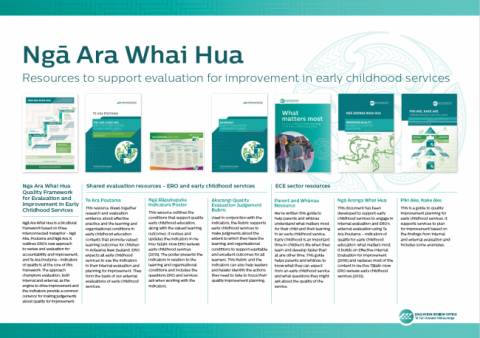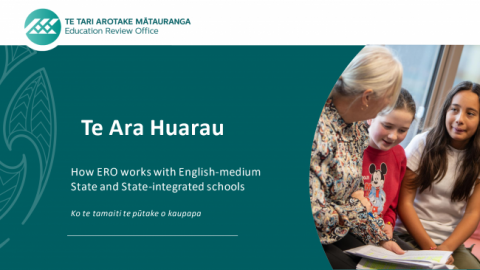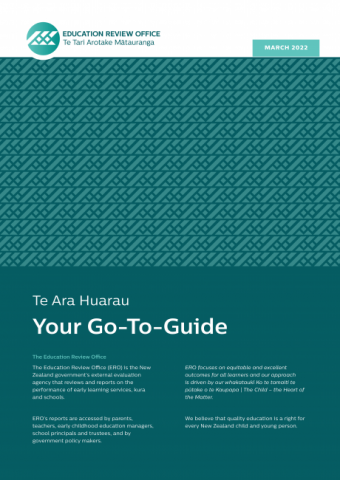Ngā Ara Whai Hua: Quality Framework for Evaluation and Improvement
Published: 13 Apr 2021
Ngā Ara Whai Hua: Quality Framework for Evaluation and Improvement in Early Childhood Services outlines our approach to review and evaluation for accountability and improvement.
- Audience:
- Early learning
- Education
- Content type:
- Basic page
- Topics:
- Early learning








